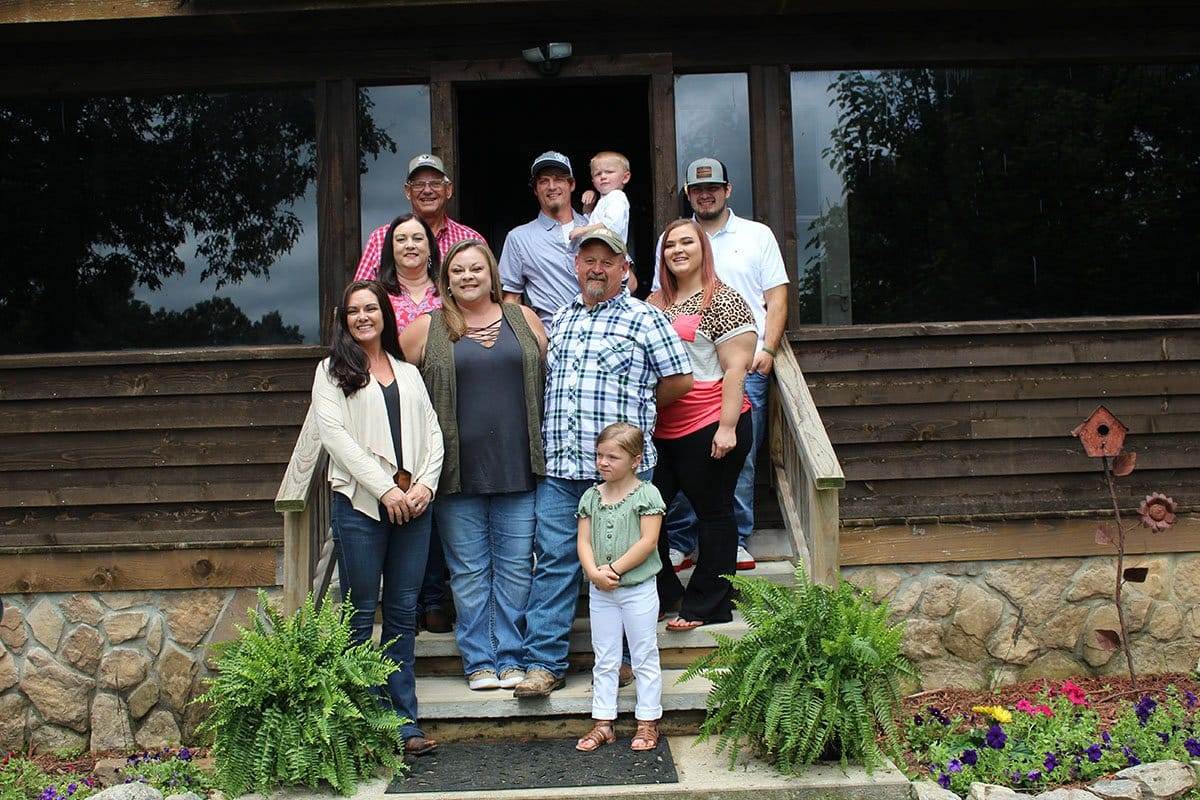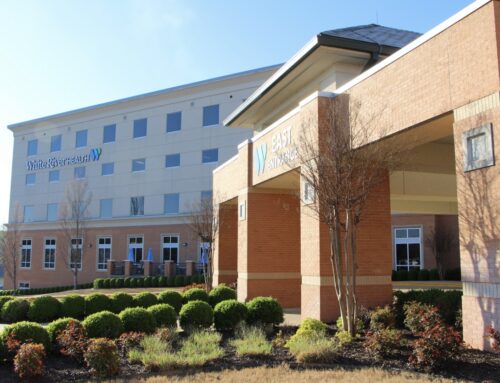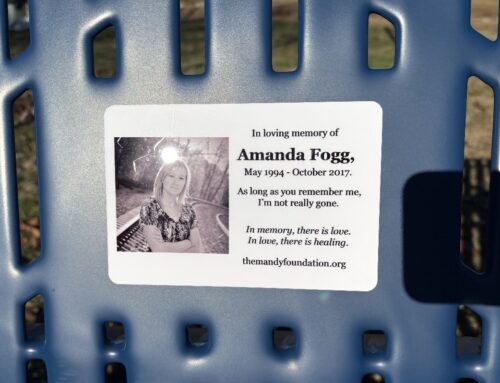After just two years since the Hudson family relocated to Sharp County, they have been selected as the 2021 Sharp County Farm Family of the year.
The Hudsons, Harold and Terri, along with their daughter Krystal and her husband Brad Lowe operate 14 broiler houses and have 23 cattle.
Harold and Terri relocated to Sharp County from Mississippi after selling their farm.
Harold said the family has more than 50 years of experience in cattle farming and more than 12 in chicken farming.
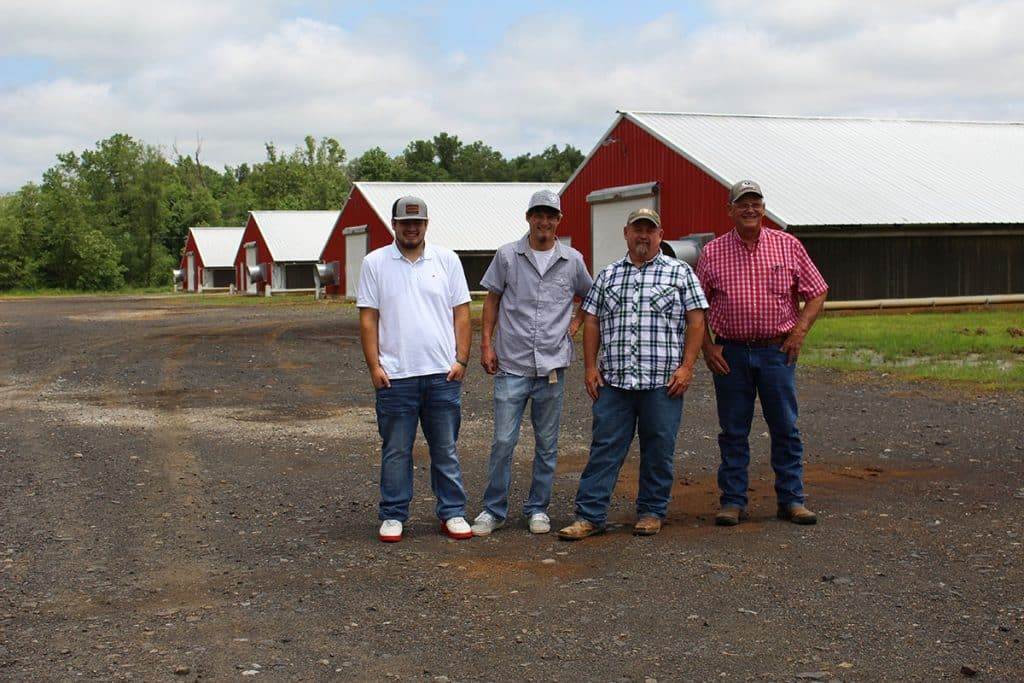
Harold said he was raised in the cattle business in Mississippi and even when working in construction, he kept cattle.
“I had the opportunity to sell our lumber business and I told Terri I wanted to go back to farming. We chose chickens because it was the only thing with a sustainable income. I liked the business, but not the climate. It got too hot and the chickens would die,” Harold said referring to farming in Mississippi.
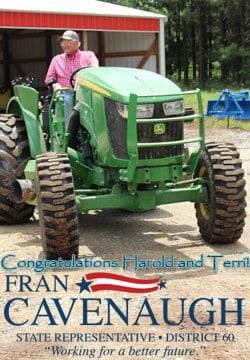
Working together as a family, Brad and Krystal asked what Harold and Teri planned to do with their predicament and the heat, Harold’s answer was simply to move to a cooler climate and to continue farming.
“We started looking around. Georgia, North Carolina, Tennessee, we had a checklist of things we wanted to be able to do, but we found this place,” Harold said.
Harold said while he and Terri were in Georgia looking for farmland, Brad called and said he had found a potential property in Arkansas.
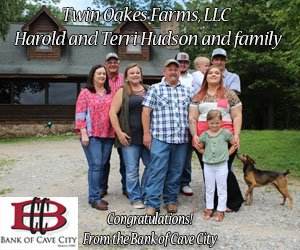
“We had family in Rector so, we drove from Georgia and walked into the real estate office the next morning. We said we were here to look at the farm for sale. She told us she’d split the property into three different parts she was trying to sell,” Harold said.
The next question Harold asked was how much to purchase all three of the properties, a stunned realtor priced it and the Hudson family purchased the land.
“It had the checklist we had. Good schools, not in a public area and we do not mind being in public, but chicken business isn’t good to have with neighbors all around and that’s how it was in Georgia. You’d go look at a farm and it had 14 houses on 17 acres and were just on top of each other,” Harold said. “I wanted land for chickens and land for cattle to farm on. It is great here. This is the only place out of the 20 or 30 we checked out that had everything we wanted.”
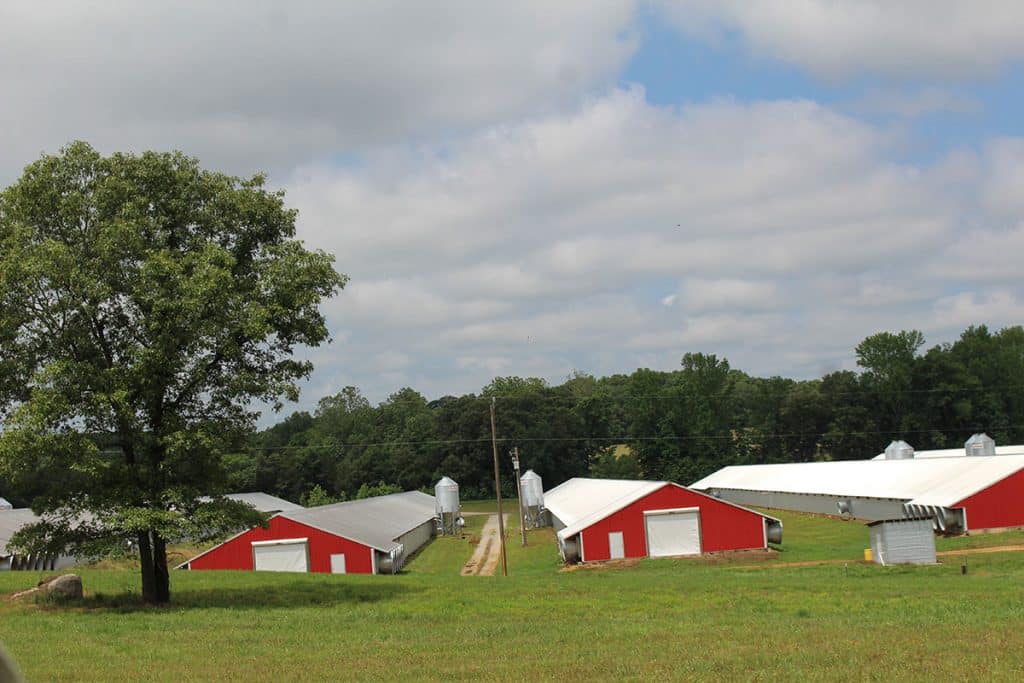
Together, the family operates 14 OMP chicken houses on more than 450 acres of land.
Harold said the family has spent much of their time working to clear land for cattle when they are not working in the chicken houses.
“The previous owners were developing this as a place to hunt, not building fences and clearing pastures. If you go back far enough in its history, it was a farm at one time, but they planted trees,” Harold said.
The family agreed farming was about the lifestyle and not so much about the money.
“They get to come home every night,” Krystal said.
Harold said one of the challenges the family faced while farming is the unpredictability of the market.
It is all hands on deck as every member of the family contributes, from Harold and Terri down to the grandchildren.

Brad said a typical day on the farm consists of waking up and checking chickens and cattle.
“We do that and then if there are no problems at the houses, we go back to doing maintenance work and then work on improvements if the grass doesn’t need to be mowed,” Brad said with a smile. “That’s a typical day and it is seven days a week. Our houses are offset so we’re never without.”
When asked about how technology is implemented, Brad explained the houses are computerized and hooked to the internet so they can be checked remotely.
“I can look on my phone and see how much water has been used, how much food and anything else,” Brad said. “In Mississippi, I had to get up and physically drive to the houses to make adjustments unless I could get Harold on the phone. I didn’t have it hooked up to my phone there,” Brad said.
The typical turnaround time is 14 days on average and Harold said chickens are kept for approximately 49 days with 14 days off, however; using the offset method, they are never without chickens.
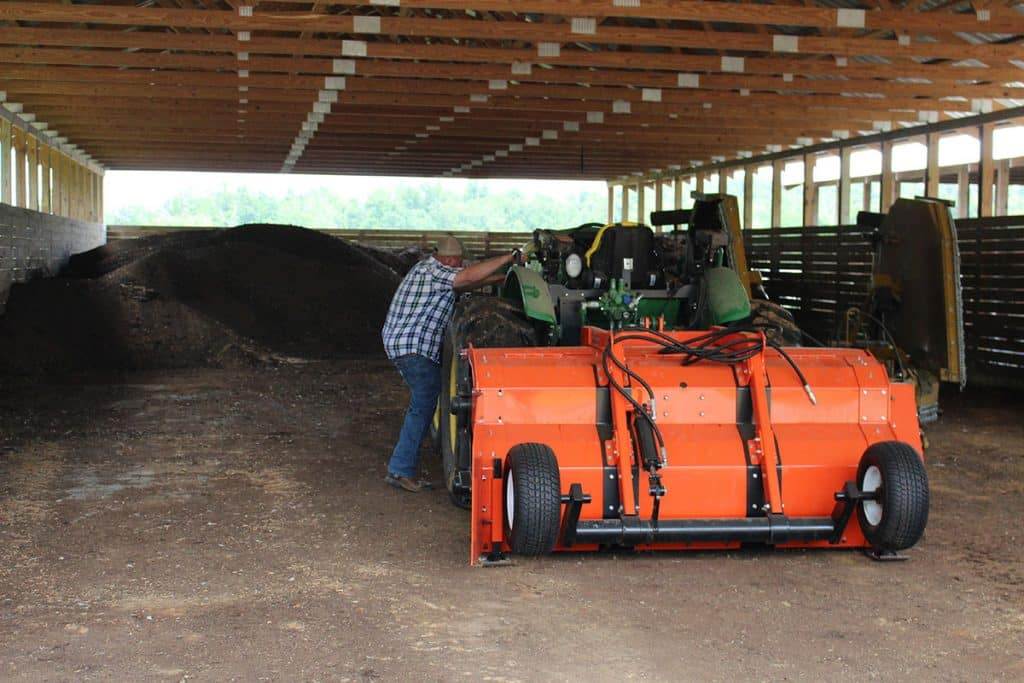
Harold said farming is a lifestyle and one which requires discipline and dedication, but it is rewarding.
“You have to like it and want to do it. You get out what you put in. You can make money with it but you’re never going to get rich doing it. It’s the lifestyle and being able to hunt, fish and whatever else,” Harold said. “We involve our families, and you don’t just see them at night or on the weekends, it’s a lifestyle and if the lifestyle is more important than money. It’s a good one.”
Harold said being selected as the 2021 Sharp County Farm Family of the year was not only a surprise but an honor.
[Editor: Hallmark Times would like to congratulate the Hudsons and Lowes on becoming the 2021 Sharp County Farm Family of the Year and wish them many years of successful farming!]
Lauren is a an award-winning journalist who decided after 10 years of newspaper experience to venture out. Hallmark Times was born.

